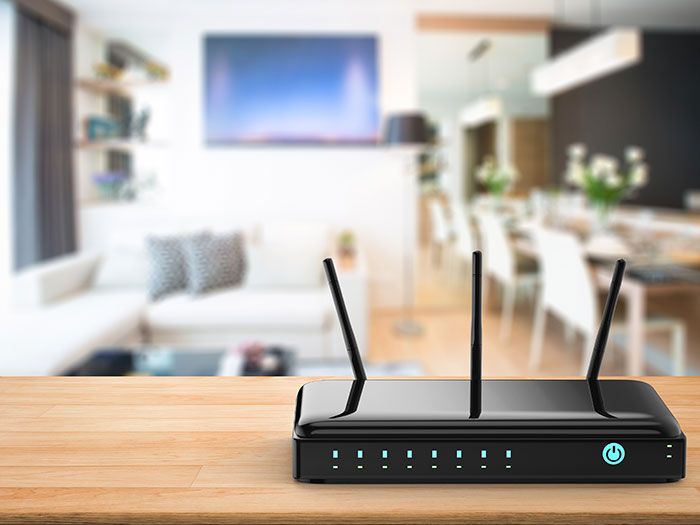Improving Multi-Dwelling Unit Online Security Via the Strategic Deployment of Virtual Private Networks
Improving Multi-Dwelling Unit Online Security Via the Strategic Deployment of Virtual Private Networks
Blog Article

In today’s online world, ensuring the safety of online connections is crucial, especially in Multi-Unit Units (MDUs) like flat complexes and condominiums . Residents in these communal environments often link to the same connection, which can make them susceptible to online threats. One effective way to improve online safety in MDUs is through the strategic implementation of Virtualized Secure Networks (VPNs). VPNs create a protected connection over the web, allowing individuals to safeguard their private information and maintain privacy while online.
A VPN works by coding the information that travels between a client’s gadget and the web. This implies that even if someone tries to capture the information, they will not be able to read it. For residents in MDUs, using a VPN can significantly reduce the threat of information leaks and illicit access to personal data. By coding their online data flow, individuals can navigate the internet, stream videos, and communicate digitally without worrying about hackers or other malicious actors. This extra level of security is particularly crucial in settings where numerous people utilize the identical internet link.
In safeguarding private information, VPNs can also help tenants reach material that may be limited in their area. Many streaming services and websites limit access based on geographic location. By using a VPN, users can connect to nodes in various nations, enabling them to overcome these barriers and enjoy a wider range of online content. This aspect can be particularly appealing to residents who want to obtain international information, entertainment, or learning materials that may not be accessible in their region.
Adopting VPNs in MDUs can also cultivate a feeling of togetherness and confidence among tenants. When all in a complex employs a VPN, it establishes a more protected environment for exchanging data and assets. Inhabitants can feel more at ease utilizing communal connections for tasks like online banking or purchasing, knowing that their data is protected. Additionally, building administrators can promote the adoption of VPNs as part of their comprehensive safety plan, aiding to establish a safer living space for everyone.
To conclude, the tactical implementation of VPNs in Multi-Dwelling Units is an effective way to enhance internet safety for tenants. By encrypting data, offering access to restricted material, and fostering a feeling of togetherness, VPNs provide numerous advantages that can enhance the online interaction for all. As cyber dangers continue to develop, it is crucial for inhabitants and property managers to emphasize internet security and evaluate the benefits that VPNs can provide. Embracing this solution can lead mdu security software solutions to a more secure, more integrated living space for all.